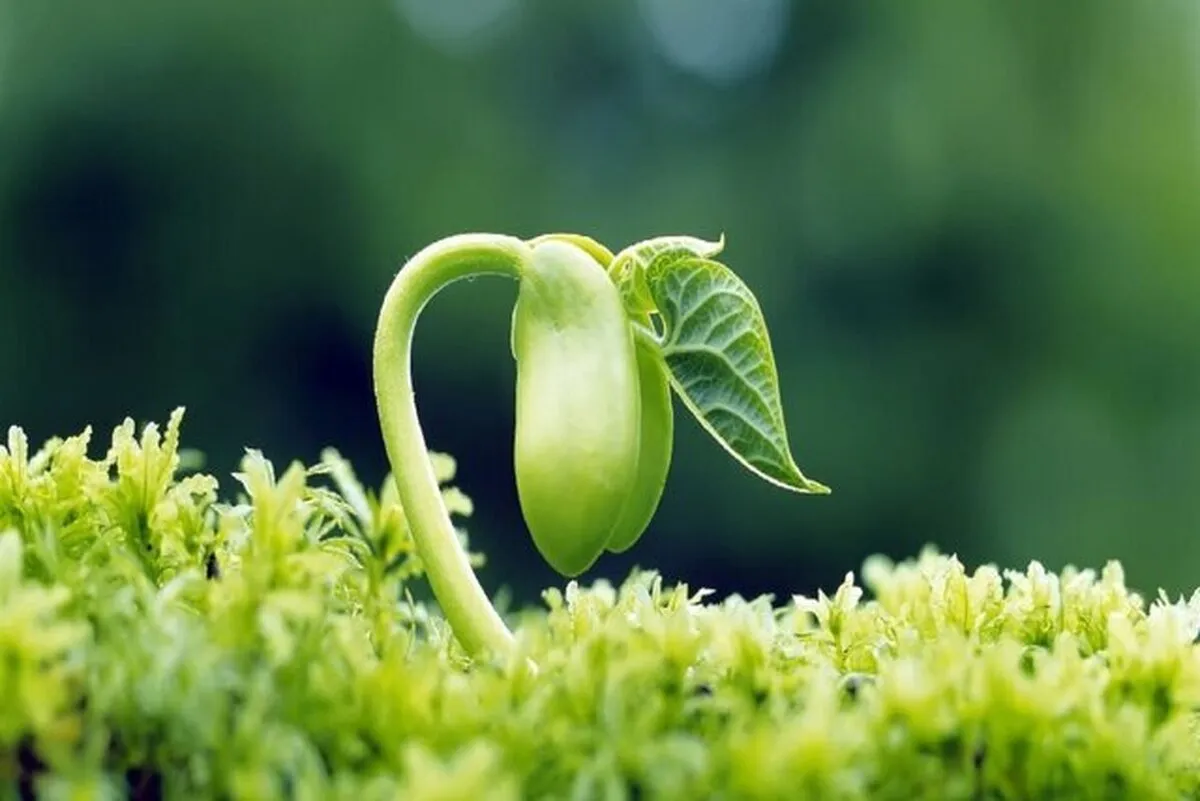Iranian Researchers Use Plants to Clean Up Soil Contaminated with Heavy Metals

Ahmed Abdolzadeh, has lead a team of Iranian researchers that have achieved significant results in removing environmental pollutants using the phytoremediation after implementing a research project titled "Cleaning Up Soil Pollution Using Brassicaceae".
The gradual increase in the accumulation of heavy metals such as "cadmium", "zinc", "lead" and "arsenic" in the soil due to industrial activities such as mining, metal treatment, industrial wastewater, exhaust fumes, energy and fuel production, urban waste recycling, continuous use of chemical fertilizers and poisons is one of the biggest challenges in the field of environment and removing these contaminators matters a lot to preserve the environment.
Cultivating plants in soil contaminated with the heavy metals causes a decrease in the yield of agricultural products, the entry of the pollutants into the crops, and as a result, a decrease in food quality and safety, which, in turn, endangers the health of humans and animals.
An effective method to remove those pollutants from the soil is phytoremediation. The technique is valuable because of its cost-effectiveness, simplicity and use of solar energy.
In phytoremediation, certain plants are planted in contaminated soil and soil pollutants are absorbed by those plants in such a way that after harvesting the product several times, the amount of pollution is lowered and the soil contaminators are removed.
Iran National Science Foundation (INSF) has financed a project in which seven plant species including "Indian Mustard", "Ethiopian Mustard", "Cabbage", "White Mustard", "Radish", "Descurainia Sophia" and "Cress" were used to clean up contaminated soil and interesting results were achieved.
The findings of the research showed that except for "Descurainia sophia " and "Cress" plants, the rest of the plants were very useful in cleaning up the heavy metals cadmium, zinc, and lead while to clean up soil contaminated with arsenic, “White Mustard” and " Descurainia Sophia" were more useful.
Moreover, the results showed that the use of the mixture "sodium nitroprusside" have been effective in reducing the toxic effects of cadmium and zinc in Descurainia sophia and radish while also have proven the positive effects of that substance on their growth and tolerance against metals.
A plant that is used for phytoremediation needs to have properties such as fast growth, relatively high weight, deep roots, removable stem and leaves, and the ability to store metal pollutants in the stem and leaves. The findings of the research of the Iranian researchers showed that most of those features were observed in the plants they used.
4155/i





















